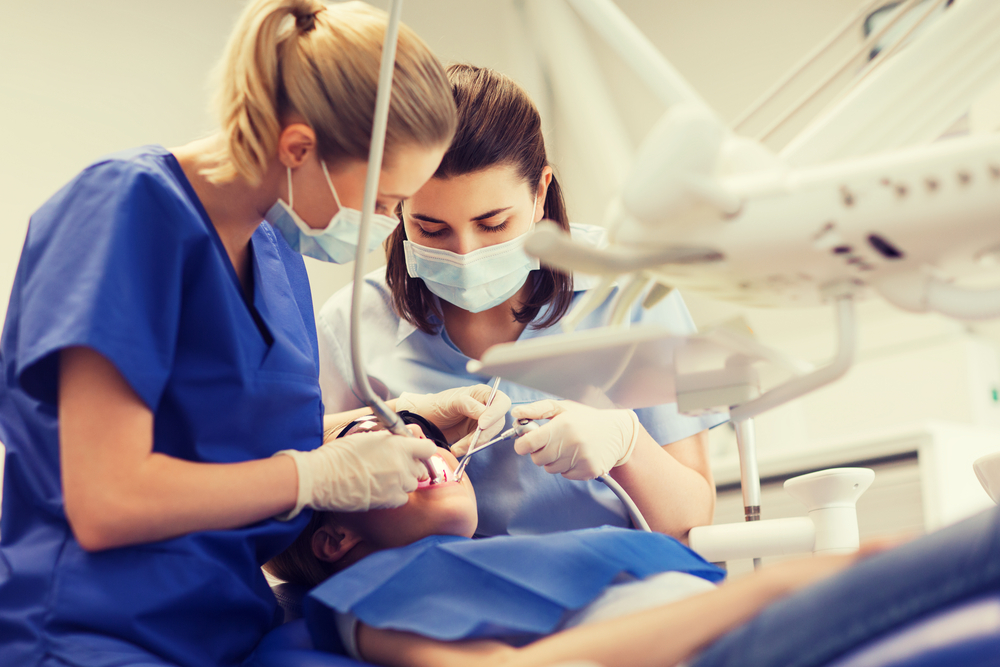
In the realm of healthcare, particularly within the clinical space, the issue of sexual harassment remains a persistent and troubling concern. While the #MeToo movement has shed light on the prevalence of such misconduct across various industries, the dental profession is not immune to these challenges. However, in environments where dentists and staff are predominantly female, such as in many dental practices, a unique dynamic arises in addressing and combatting sexual harassment.
When the dentists and staff are predominantly female, one might assume that instances of sexual harassment would be less prevalent. However, this assumption overlooks the complexity of power dynamics and the pervasive nature of gender-based misconduct. Female dentists and dental professionals often find themselves navigating a delicate balance between asserting their authority and confronting inappropriate behavior from patients, colleagues, or even superiors.
An important aspect of addressing sexual harassment in the clinical space is fostering a culture of solidarity and support among female dentists. By standing together, they can amplify their voices and advocate for change within their profession. This collective approach not only provides emotional support but also empowers individuals to speak out against harassment without fear of retaliation.
Anxiety is not conducive to quality productivity, and the fear of facing sexual harassment can significantly impact the mental well-being of female dentists and their ability to provide optimal care for their patients. The stress and anxiety resulting from harassment can manifest in various ways, including burnout, decreased job satisfaction, and even physical health issues. Thus, addressing sexual harassment is not only a matter of ethics but also a crucial component of ensuring the overall well-being of dental professionals and the quality of patient care.
In addition to the emotional toll, sexual harassment can also have detrimental effects on the professional advancement of female dentists. The fear of being labeled as difficult or confrontational may deter women from reporting harassment or seeking leadership positions within their practice or professional organizations. This perpetuates a cycle of silence and complacency that allows harassment to persist unchecked.
To combat sexual harassment effectively, dental practices must prioritize education, prevention, and accountability. Providing training on recognizing and addressing harassment, implementing clear policies and procedures for reporting incidents, and holding perpetrators accountable are essential steps in creating a safe and respectful work environment. Furthermore, fostering open communication and encouraging bystander intervention can empower all members of the dental team to play a role in preventing harassment.
Female dentists also have a responsibility to support and mentor their colleagues, especially those who may be more vulnerable to harassment due to factors such as age or experience. By sharing their own experiences and offering guidance on navigating difficult situations, they can help empower others to assert their boundaries and advocate for themselves.
In addition to internal efforts within dental practices, collaboration with professional organizations and regulatory bodies is essential in addressing sexual harassment at a systemic level. Advocating for policies that protect dental professionals from harassment, promoting diversity and inclusion within the profession, and holding institutions accountable for addressing misconduct are critical steps in effecting lasting change.
Ultimately, the fight against sexual harassment in the clinical space requires a multifaceted approach that involves education, prevention, and advocacy. Female dentists play a crucial role in this endeavor, standing together to create a culture of respect, support, and accountability within their profession. By working together and speaking out against harassment, they can help ensure that all dental professionals can practice in environments free from fear and intimidation, where they can focus on providing the highest quality care for their patients.

